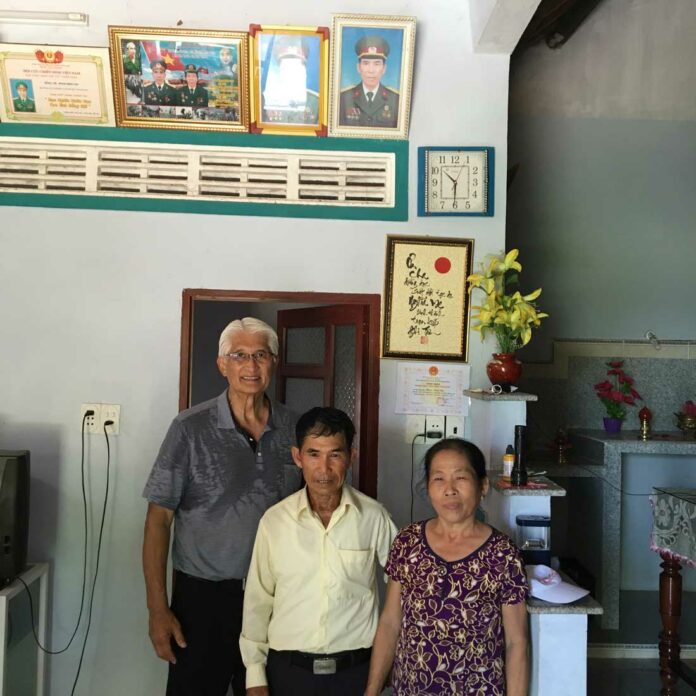
Morgan Hill resident Hubert Yoshida, a U.S. Marine Corps veteran, recently released his new book, “Operation Utah: The Die is Cast,” a history of a four-day battle fought against North Vietnamese forces in the Vietnam war.
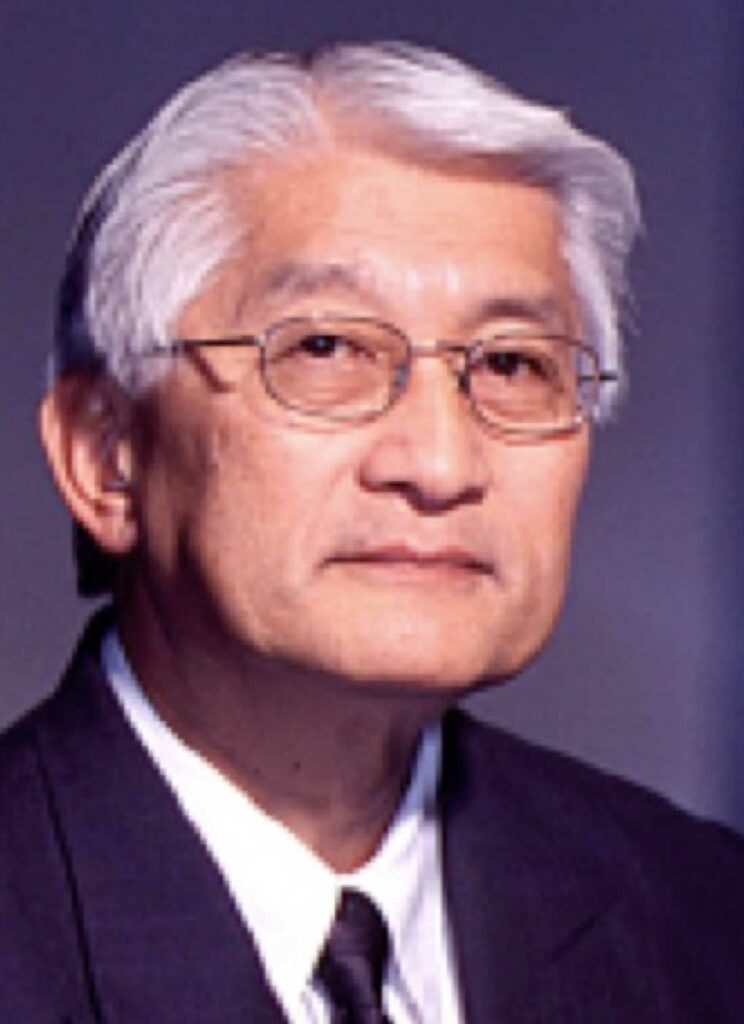
The book is based entirely on interviews with the survivors of Operation Utah, in which Yoshida served as a 1st Lieutenant in charge of a Marine Rifle platoon. The book is “dedicated to the men who sacrificed their lives for our country,” Yoshida said.
Yoshida will do a book signing on Nov. 10, coordinated by BookSmart and taking place at Stems Floral and Interior Statements, 423 Vineyard Town Center. Light refreshments will be served.
“I would especially like to thank Brad and Cinda, (owners) of BookSmart, for encouraging first-time writers like myself to tell our story, and for Diane Rasta of Stems for making her facilities available to us,” Yoshida said.
Yoshida’s childhood included his family’s internment in a California prison camp for Japanese-American citizens during World War II. When they were released, the family took up residence in Watsonville, where they started with nothing. They lived in a converted garage while farming a small plot of strawberries, Yoshida said.
He graduated from the University of California with a degree in Mathematics and later joined the U.S. Marine Corps. By 1965, he earned a post commanding a rifle platoon, which he led to Vietnam in 1965.
Yoshida later had a lengthy career with IBM and Hitachi Data Systems, from which he retired in 2021. Yoshida and his wife, Laura, have lived in Morgan Hill since 1975.
Yoshida agreed to answer some questions from this newspaper about his new book.
What is your book, “Operation Utah: The Die is Cast,” about?
The Vietnam War was the bloodiest war in Marine Corps history, with 14,000 more casualties than in World War II. “Operation Utah, The Die is Cast,” is a documentary of the first bloody battle in this war between the U.S. Marine Corps and the North Vietnamese Regular forces. It was fought in Quang Ngai Province from March 4-7, 1966. This book is based on the firsthand accounts of the men who fought in this battle and is dedicated to the veterans and loved ones who supported them during this experience.
What motivated or inspired you to write this book? How long have you been working on the book? Is this your first book?
Like most veterans who experienced the intensity of Operation Utah, I have relived this experience many times over the past 50-plus years, but have never spoken much about it—even to my family. In 2016 , I took time off from a business trip to visit the area where this battle took place and I posted a blog about my visit. As a result, I received a number of inquiries from families who lost a brother or a father at Utah.
Even after so many years, the pain of their loss was still there. As a result, I felt the need to find them some closure and began to research Utah. As a participant, I only saw my small portion of the battle so I began to reach out and connect with other veterans who were at Utah, and finally began to put this book together after I retired in 2020. The book was published in June of 2022.
What was your role as a Marine in Operation Utah? What memories, observations or lessons stand out from your experience in Operation Utah?
I was a 1st Lieutenant, in charge of 1st Platoon, H Company, 2nd Battalion, 7th Marines. We were inserted into the battle by helicopter, in the first assault group and my platoon was initially assigned to protect a helicopter that was shot down, while the rest of the battalion began to engage a superior force of NVA regulars. I was suddenly called up to rescue another platoon that had been cut off from F Company.
By a stroke of good luck, we were able to rescue that platoon so that we could consolidate to our night positions, where we called down air support and artillery to survive the night. The fighting had been so close that you could not walk in some areas without stepping on dead bodies.
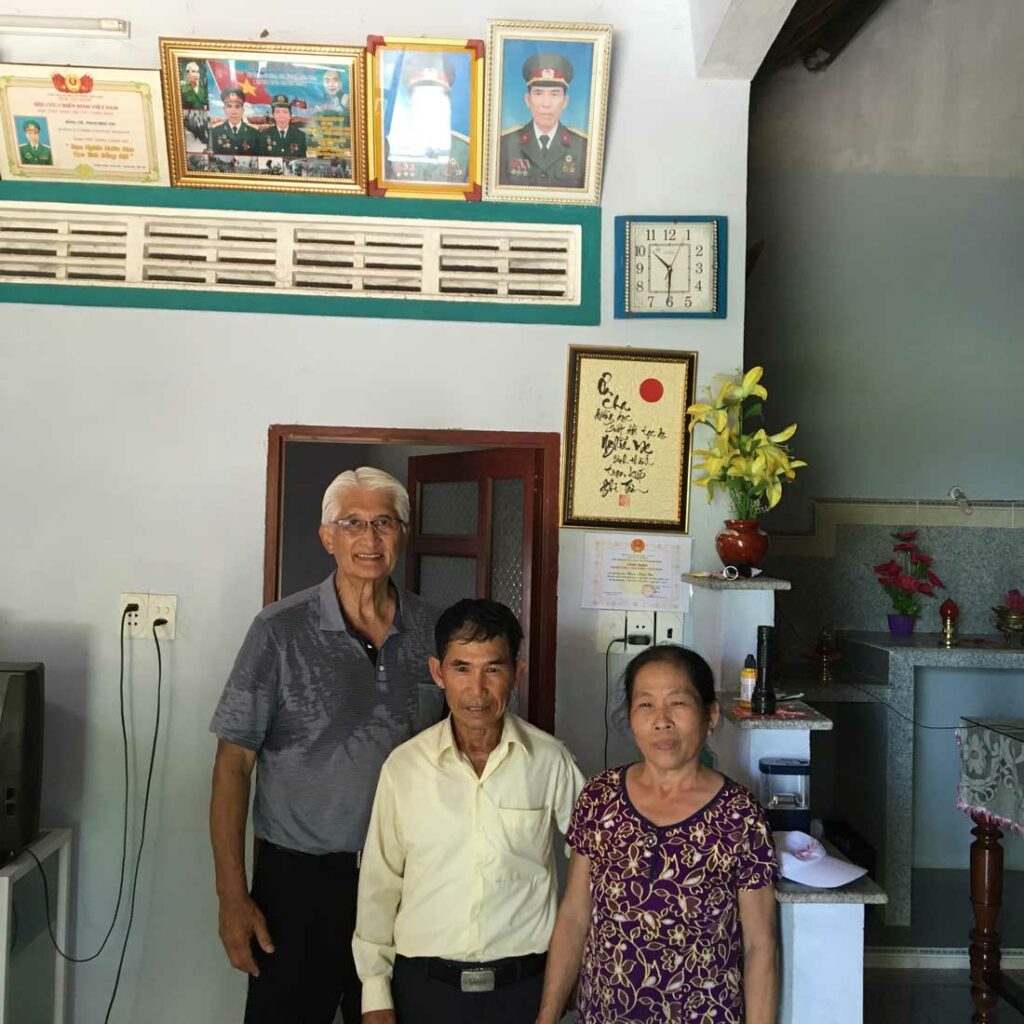
What motivated you to join the Marine Corps in 1965?
I was born in 1939 and my generation grew up with wars and rumors of wars. We were in a battle between Communism and Democracy. The choices were very clear. I was attending UC Berkeley, where the political unrest in the 1960s was just beginning. I was inspired by President Kennedy, and felt that I could do more for my country by serving in the Marine Corps. I applied for OCS but was rejected so I enlisted in the Marine Corps and went to boot camp where I won the American Spirit Medal as the top graduate. This helped me reapply and be accepted for OCS. If I was going to go to war I wanted to be with the best.
How did your experience in a U.S. prison camp for Japanese American citizens during World War II shape your view of American politics/government?
Although internment in a prison camp was hard for my parents, as a child I had plenty of kids to play with and we were all the same. It was after we left the camp to work in the farms in Colorado that I began to experience the bullying and discrimination against Japanese Americans. Often my brother and I were the only Japanese kids in school. I wanted to prove my right to be a U.S. citizen and that was probably why I joined the Marine Corps.
It also has given me an intolerance for discrimination of any kind. It was only after we returned to Watsonville where my family had farmed before the war that we found acceptance.
With Veterans Day approaching on Nov. 11, in what way or ways do you recommend people honor those who have served in the U.S. Armed Forces?
Someone once said that the death of one man is a tragedy but the death of a thousand men is a statistic. With so many thousands of men and women who have died in wars, it is hard to visualize them as individuals. In my book I list every man that died in Operation Utah and include a picture of them so that we can look into their youthful faces and the light that was in their eyes. I also tried to add some details about their life. As long as we remember them they will be appreciated and honored. The same with the living veterans. Remember them and appreciate their commitment to service. Encourage them to talk about their experiences.
What else do you do for recreation or livelihood in Morgan Hill?
Until 2020, I was a VP and Chief Technology Officer for Hitachi Vantara. I am currently an Emeritus Chief Technology Officer for Hitachi Vantara, so I still try to keep up with the technology that is influencing this area. I enjoy the small town feel of Morgan Hill and seeing it developing into a vibrant downtown with many good places to eat.
Like many veterans of the Vietnam War, I am suffering from the effects of Agent Orange, and I am grateful for the assistance I receive from the VA. Since my retirement I have been involved in building contacts with the many veterans and families who assisted in the research for my book on Operation Utah. The families and loved ones of the men who were killed received very little information other than the location, “Quang Ngai Provence” and the nature of their death, “hostile enemy fire.” They want to know more, and through my research I have been able to tell them how they died assaulting Hill 50 or attempting to rescue a wounded Marine.
I am also working to obtain award recognition for some of the men whose heroic actions were not recognized during the confusion of battle during Operation Utah.
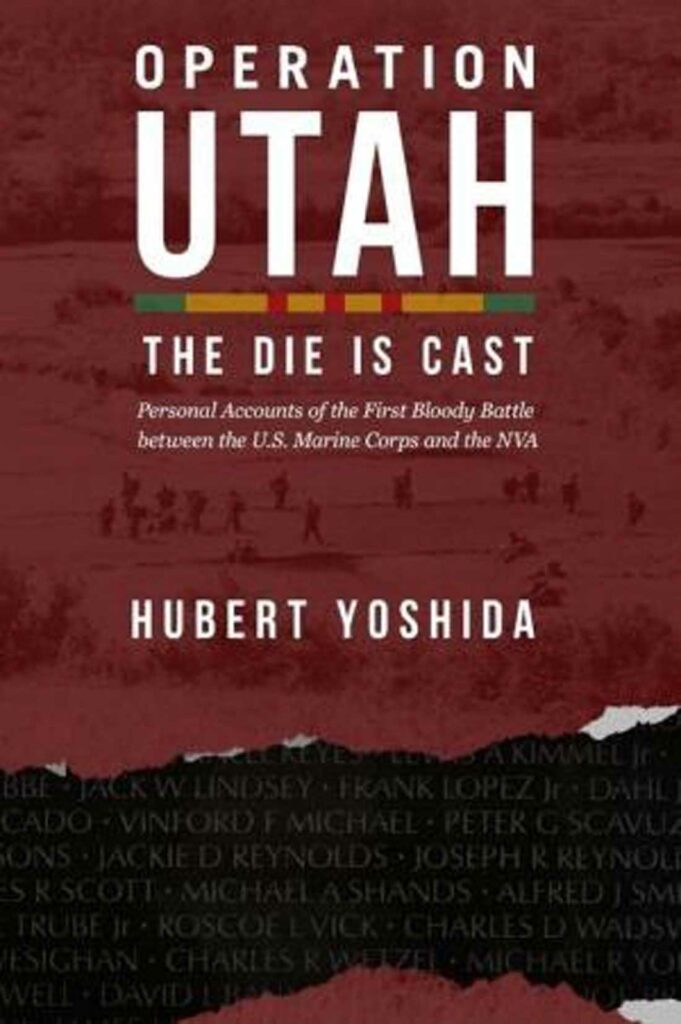

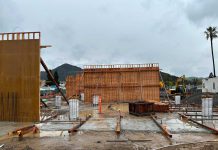






Too bad this Marine couldn’t raise a more decent son! He raised a horrible human being who abuses women and thinks he’s okay to do so. Guess that’s what comes when your brought up with a silver spoon. Hubert’s son Michael is a real piece of work. He should be ashamed.